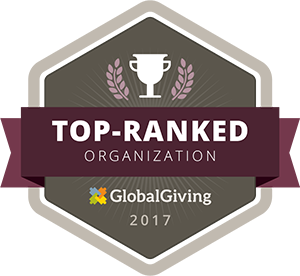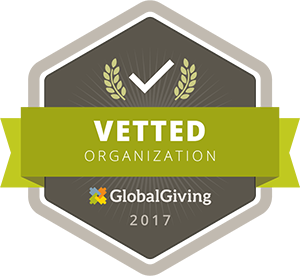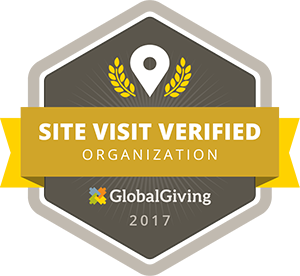Water Issues
Research conducted by Robin Spencer, 2009
In communities across the developing world, access to water is a critical issue. According to the United Nations, one in eight people worldwide, or 884 million, live without access to safe water.1 In Rwanda, the numbers are even more startling; the World Health Organization's 2008 assessment reports that 35 percent of the population collects water from unsafe sources, including unprotected springs or shallow wells and surface water (rivers, streams).2 Rwanda's hilly terrain makes the installation of public water systems difficult, which means 28 percent of the population, mainly women and children, must travel more than 30 minutes daily on foot — and often up to 4 hours — to collect water then carry the heavy jugs back to their villages.3
Limited access to clean drinking water causes poor hygiene and exacerbates the spread of diarrhea and other diseases. According to UNICEF roughly 4,500 infants and children die each day from unsafe water and lack of basic sanitation facilities.4 On a more intimate level, limited water resources can be a trigger for domestic violence and sexual exploitation among those who cannot afford to pay for what they need. Consequently, local women are the most deeply affected by limited access to water and the best poised to identify the problem. Unfortunately, they are rarely consulted in the design of water access points, and even less frequently put in charge of managing these systems.
The story of Seraphine Hacimana and her project, Abanyamurava ("Hard Workers"), proves how women, when given the space and opportunity to grow, can solve deep-rooted social problems often neglected by traditional development projects. In this way, we are not only helping communities to access water, but also building a culture of social entrepreneurship and a network of civil society institutions at the grassroots level to catalyze further social change. At Global Grassroots, we believe that there is no better lever for sustainable social change than a woman who is fully equipped with the knowledge, power, and resources she needs to transform her community.
In Rwanda, marginalized women see the impact of limited access to water on a daily basis. Take the example of Seraphine Hacimana, team leader of the group Abanyamurava ("Hard Workers"), comprised of 19 women in the rural village of Gahanga. The group came together to fight the problem of daily sexual exploitation, as women who were too weak to make the long walk to collect water were forced to have sex with deliverymen in order to access this basic resource. They also saw the high rate of illness in their community caused by drinking dirty water from the river without treating it. With training and a small grant from Global Grassroots, the women were able to install a water tank, collect rain water in the rainy season and have water delivered weekly from the city during the dry season. They sell the water in their community to those who can pay and provide free water to the women who were formerly exploited as well as orphan-headed households.
Operating self-sufficiently since its launch in 2007, the team has expanded to three new sites and is now serving approximately 6000 people. The purified water they sell has reduced the toll of diarrheal disease, allowing children to attend school more regularly and improving overall community health. Most tellingly, the women have been asked by communities across the country to speak about their solution. Seraphine is now seen as the first woman to bring development to her rural community, regularly speaks at community meetings about women's roles in local problem solving, and her story has been featured on radio programs and newspapers in Kigali as an example of women's agency. In 2009, Global Grassroots was chosen as a semi-finalist for the Kyoto World Water Prize in honor of its support of grassroots, women-led solutions for water access.
1"Introduction." Water, Sanitation and Hygiene. Ed. UNICEF. United Nations, 6 Apr. 2009. Web. 18 July 2009. www.unicef.org
2"Progress on Drinking Water and Sanitation." N. pag. MDG Assessment Report (2008). WHO Joint Monitoring Programme for Water Supply and Sanitation, 2008. Web. 02 July 2009. http://www.wssinfo.org/en/40_MDG2008.html.
3Ibid.
4"Children and Water: Global Statistics." Water, Sanitation and Hygiene. Ed. UNICEF. United Nations, 16 Mar. 2006. Web. 2 July 2009. www.unicef.org
Kyoto World Water Prize
Global Grassroots was chosen a semi-finalist for the 2009 Kyoto World Water Prize in recognition of its model supporting grassroots level social change on water issues. We presented our work at the 5th World Water Forum in Istanbul, Turkey in March.
Global Grassroots
1950 Lafayette Road
Suite 200, Box 1
Portsmouth, NH 03801 USA
Tel (+1) 603.787.5759
info@globalgrassroots.org
© 2023 Global Grassroots 501(c)(3) Non-Profit








Contact Us